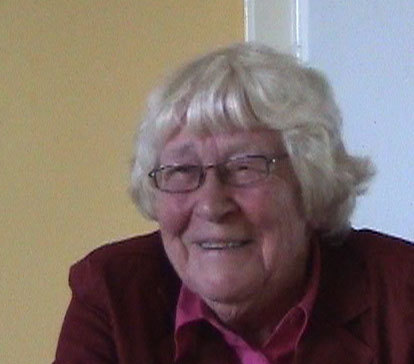 In a most exciting episode, In Our Time, discussed the medical philosophy of the four humors. It is easy to laugh about it from our modern perspective. The whole approach seems so overly symbolic and detached from physical reality. However, and it fascinates Melvyn Bragg no less: the four humors were already thought of in the era of Hippocrates and if at all stopped to be taken seriously, it was only by the nineteenth century.
In a most exciting episode, In Our Time, discussed the medical philosophy of the four humors. It is easy to laugh about it from our modern perspective. The whole approach seems so overly symbolic and detached from physical reality. However, and it fascinates Melvyn Bragg no less: the four humors were already thought of in the era of Hippocrates and if at all stopped to be taken seriously, it was only by the nineteenth century.His guests analyze the ideas and explain that some of the recommended treatments, actually did, by chance, bring relief - like bloodletting. Apart from some efficacy and the inescapable placebo effect, the four humors delivered also a mode of thought. An order in the universe, a connection between man and his environment; it was altogether a fruitful language which culture has cherished and in many ways still does.
This brings about an altogether awkward feeling we are still connected to this seemingly barbarian medicine. Only in the last minutes a thought is uttered which struck me during the podcast as well. Undoubtedly, four humor medicine is inferior to modern medicine, but the philosophy, the language, the ratio, does have its merits. It shows, more than naturalistic, causality, infection oriented medicine man's relation to his environment. The effect on health of the air we breath, the food we eat, the places where we dwell and the personality we have.
Share on Facebook

